
With the joint promotion of the Chinese Society of Sexual Medicine and numerous male health experts, a milestone "Expert Consensus" was officially released in 2024.
This is not just a consensus paper but a systemic recognition of China's independent innovation in medical technology — LIPUS has evolved from a "treatment trial" to a "clinical guideline," marking a deep transformation in medical paradigms.
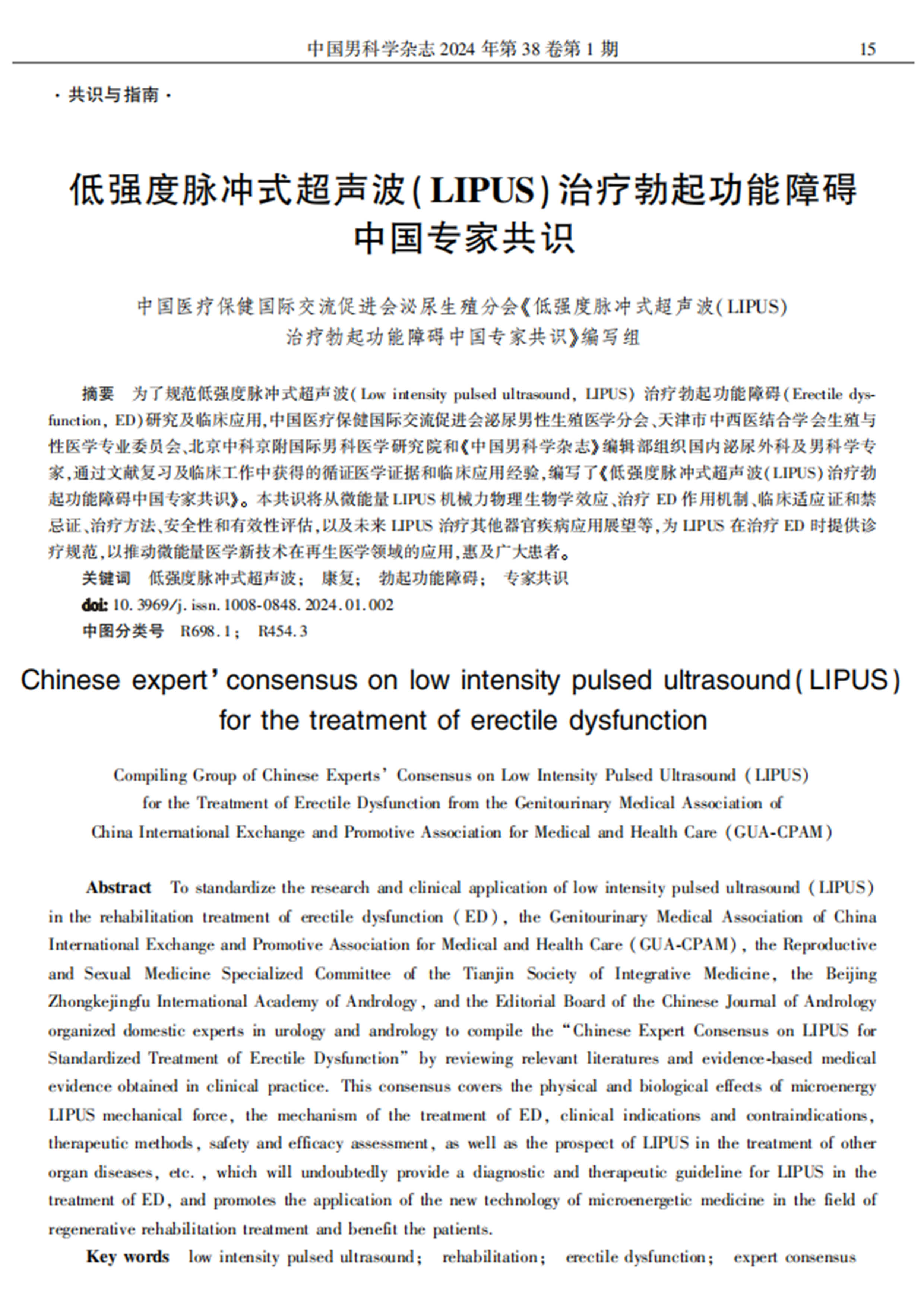
Why is there a need for a "Non-Pharmacological" Standard?
Traditional medications like PDE5 inhibitors (e.g., Sildenafil) are effective, but they have a "ceiling effect":
1.They cannot cure the underlying causes (such as vascular damage or nerve injury).
2.They may cause side effects (headaches, flushing, nasal congestion, etc.).
3.Long-term use leads to high costs and dependency.
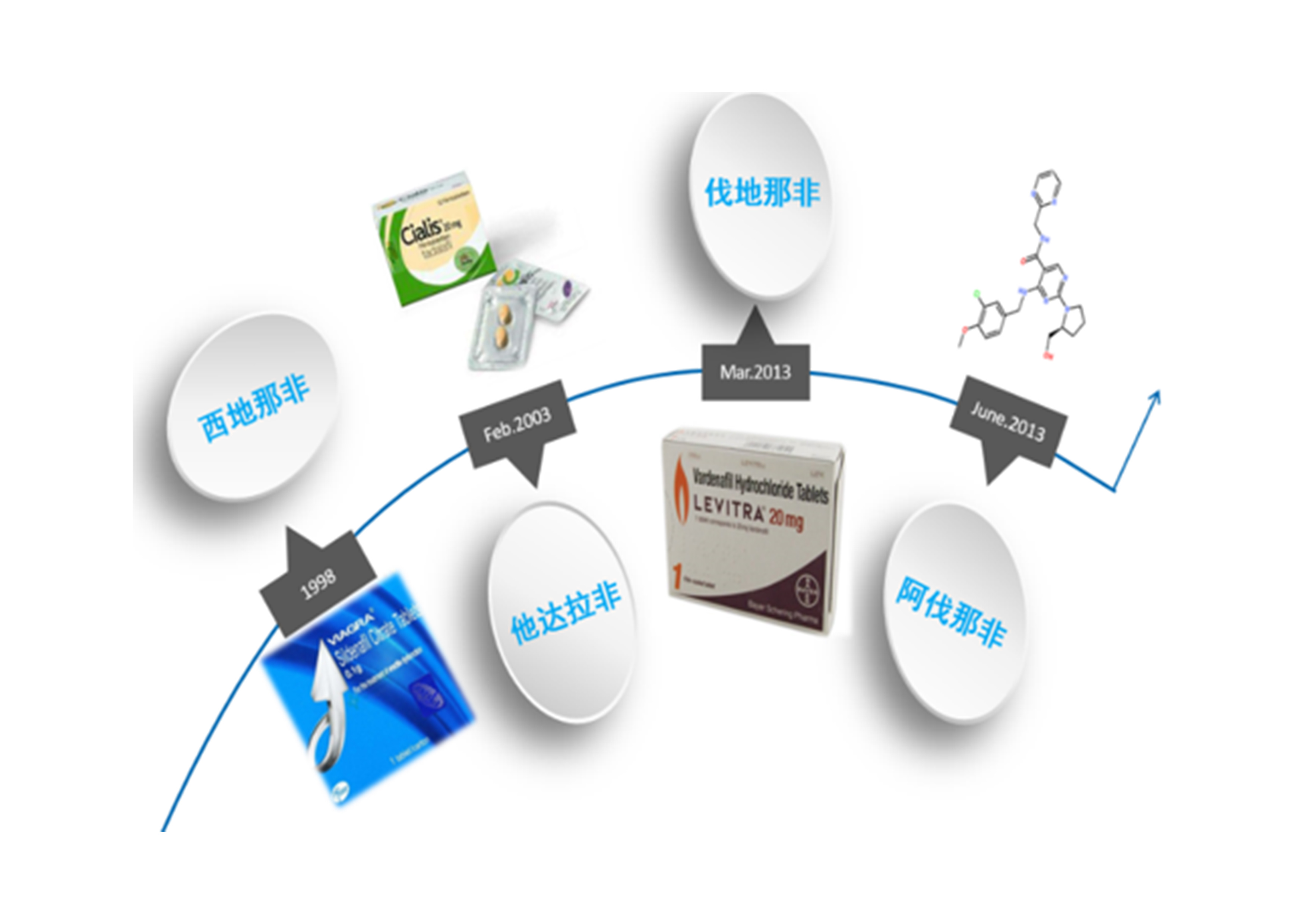
LIPUS, on the other hand, uses non-invasive physical micro-energy to activate the body's repair system, promote vascular and nerve regeneration, and repair erectile function from the "root." This represents a more biologically intelligent therapeutic approach: rather than "forcing a stimulation," it "awakens" the body’s self-healing abilities.
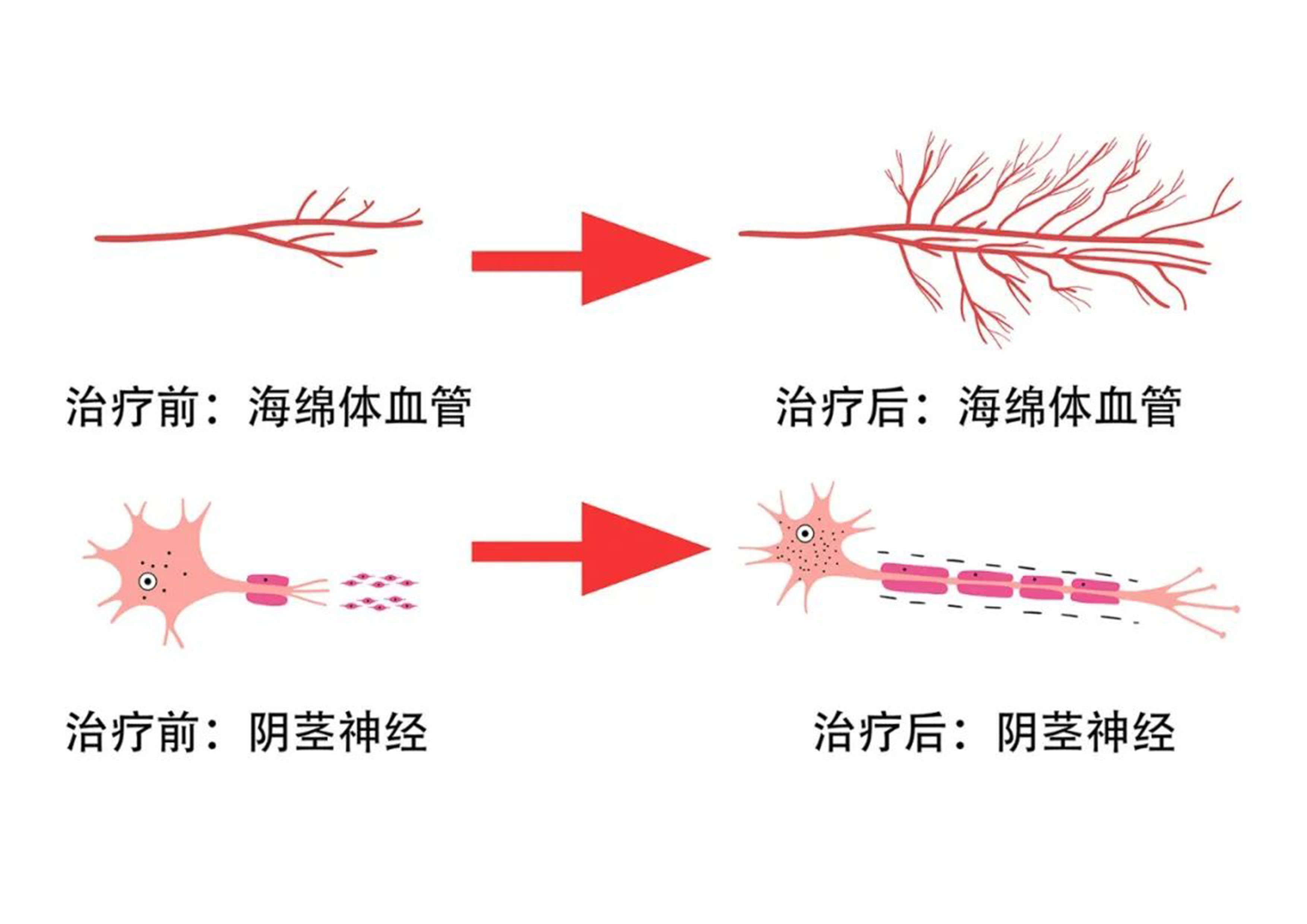
Three Key Standards Make LIPUS Stand Out
According to the Consensus, LIPUS is included in the standard due to the following three key characteristics:
1.High Safety:
LIPUS treatment has no significant side effects, does not cause pain, bleeding, or bruising, and is suitable for individuals who are intolerant to medication, the elderly, and post-operative patients.
2.High Effectiveness:
Clinical research shows that LIPUS can achieve a success rate of up to 71% for mild to moderate erectile dysfunction (ED), with some patients able to completely discontinue oral medications and resume natural sexual activity.
3.Root Repair Mechanism:
LIPUS activates vascular endothelial growth factors (VEGF), nitric oxide synthase (eNOS/nNOS) expression, and reconstructs the cavernous tissue microenvironment, improving erection hardness and duration.

Why China’s LIPUS?
The Consensus specifically recommends the LIPUS device developed by Beijing WBL Medical Group, the first domestically produced physical therapy device to be included in national ED treatment standards. This is not only a victory for clinical evidence but also a significant contribution from China’s "solution" to the global male health issue.
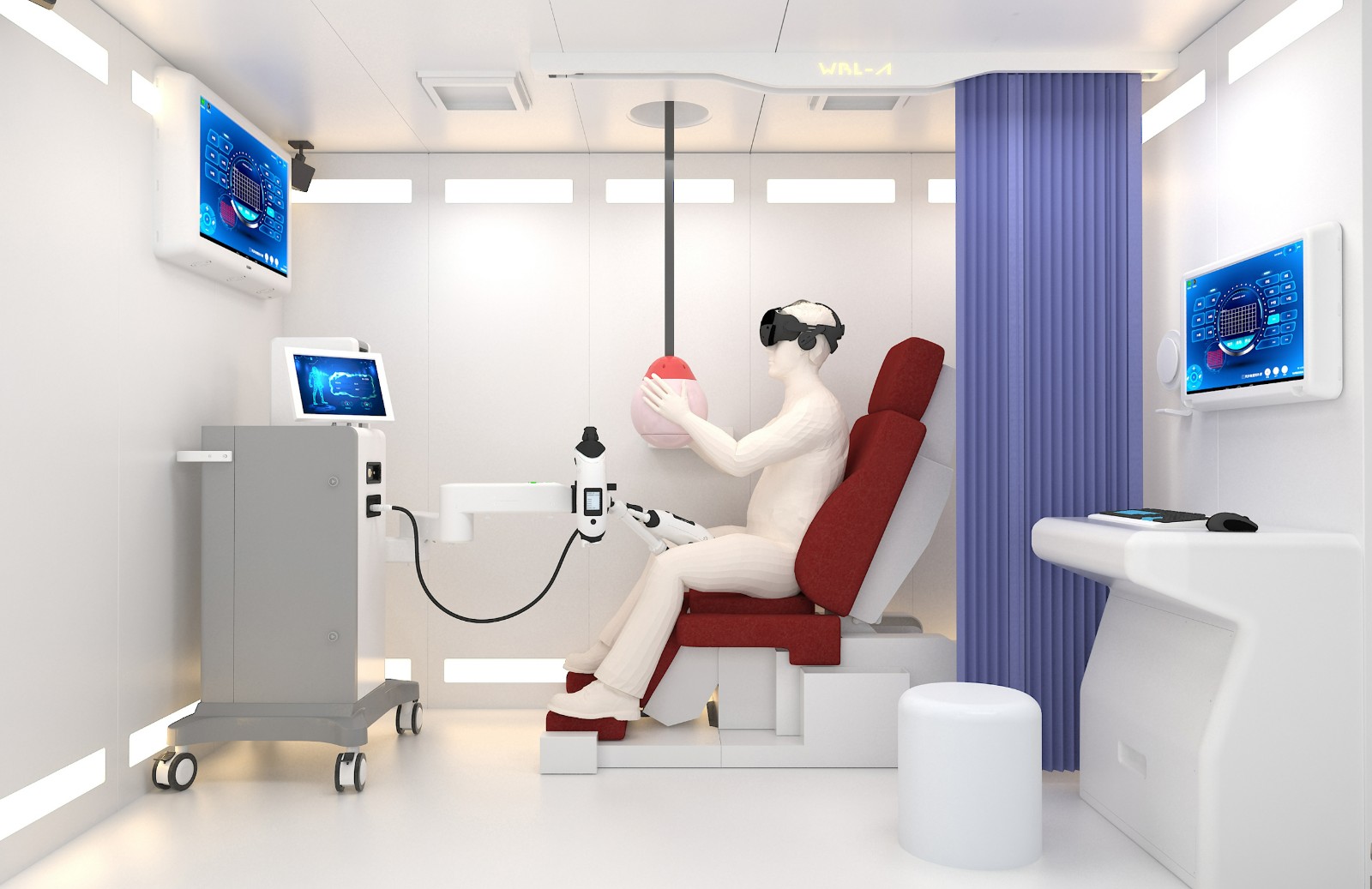
When LIPUS receives endorsement from frontline experts and national policies, transitioning from "innovative technology" to "clinical guidelines," it signifies that China's medical innovation is advancing from technical excellence to institutional height.
Innovative Research on WBL LIPUS
WBL Medical Group deeply practices the "integrated innovation" philosophy proposed by Academician Guo Yinglu. Under his guidance and with the strong support of the University of California, San Francisco (UCSF) teams led by Professors Lü Futai and Lin Guiting, and Professor Xin Zhongcheng’s team from Peking University First Hospital, after years of cross-country collaboration, they clarified the optimal parameter combinations for LIPUS treatment: including frequency, pulse intensity, and emission methods, and established a complete theoretical mechanism and technical platform.
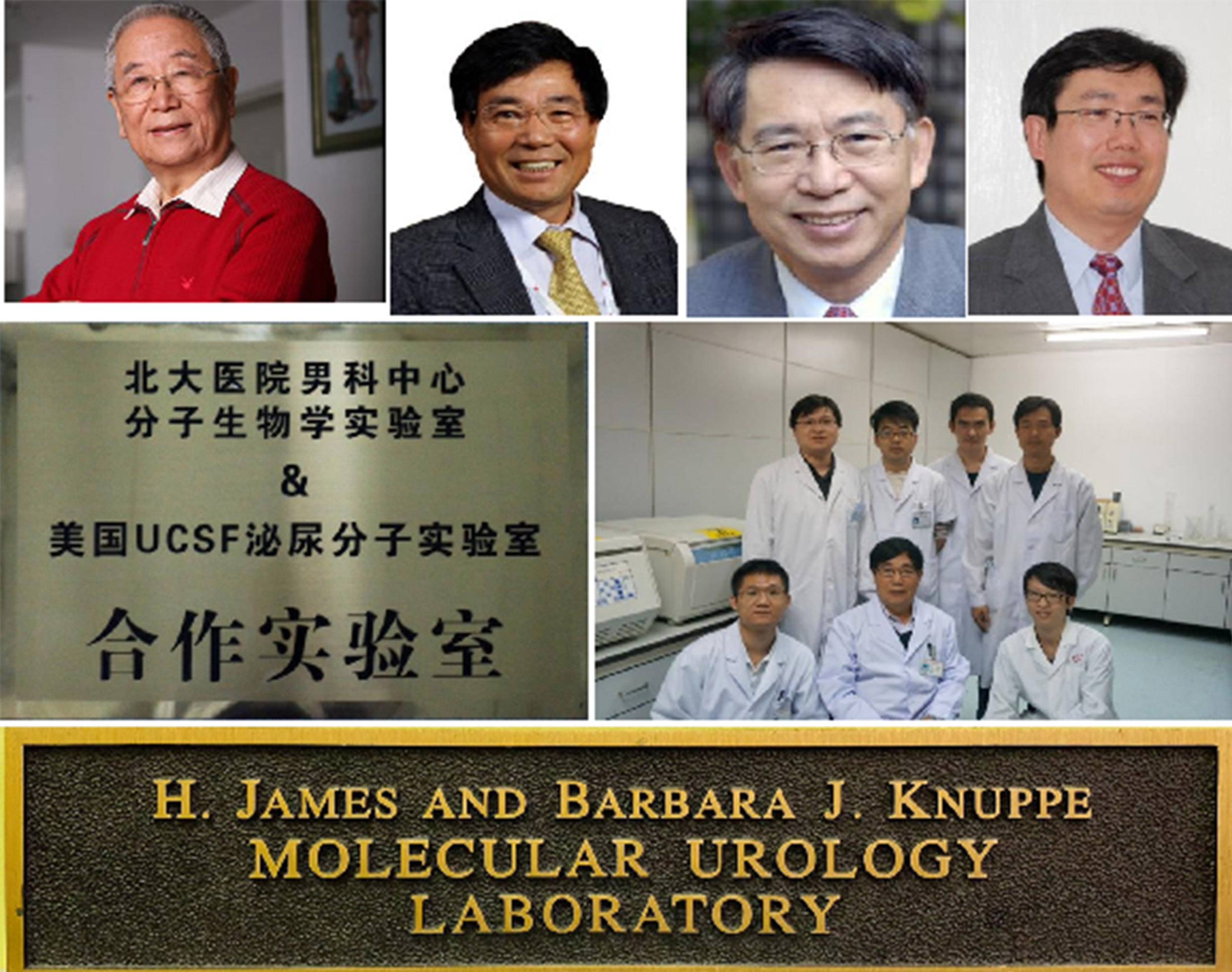
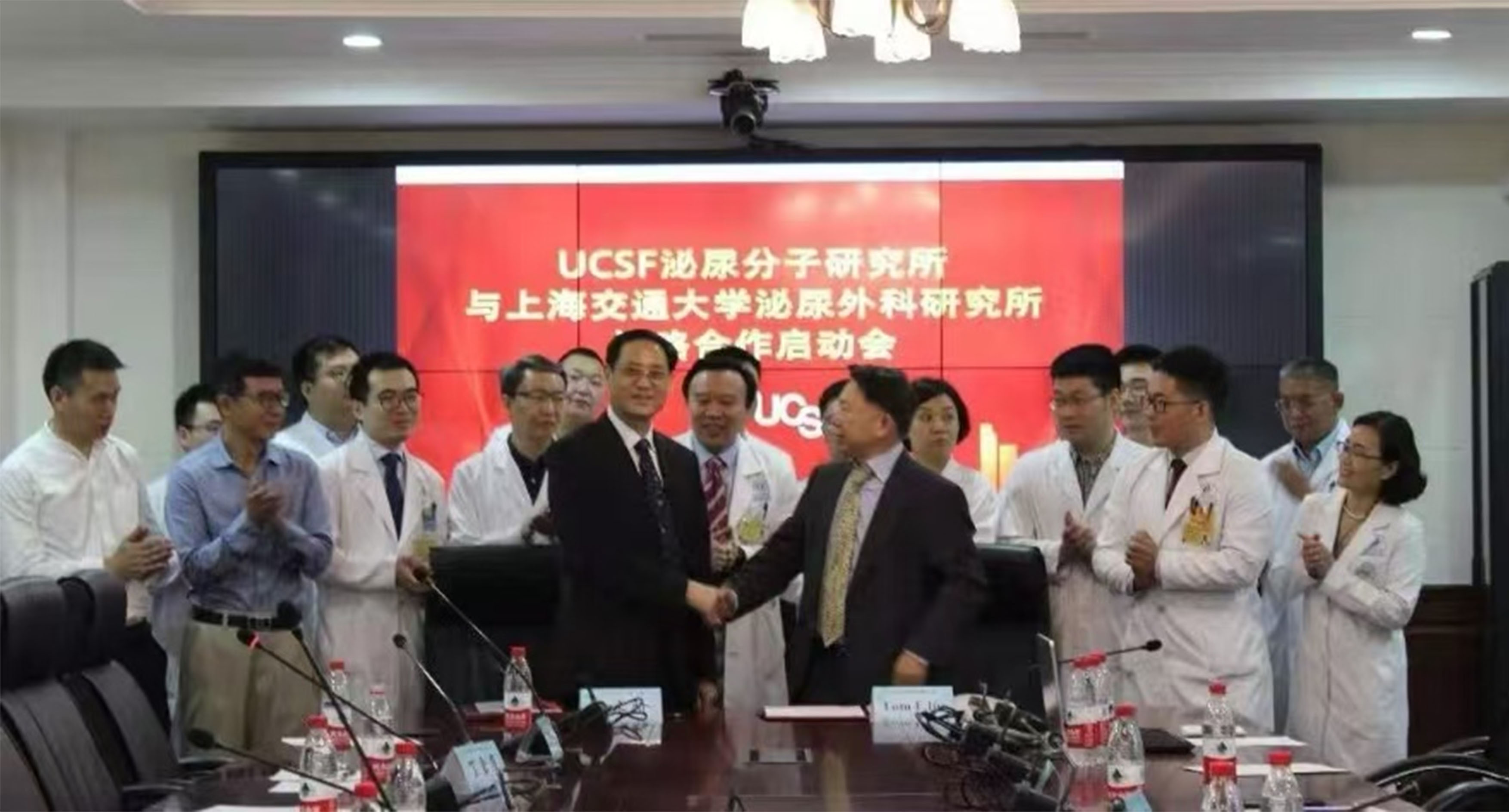
Meanwhile, Professors Xia Shujie and Li Zheng from Shanghai Jiao Tong University School of Medicine led China’s first multicenter, randomized controlled clinical study on LIPUS. This study systematically verified the effectiveness and safety of LIPUS in functional rehabilitation under different treatment frequencies, providing strong support for the standardization and guideline formulation of this technology.
The Technical Principle of WBL LIPUS in Treating Erectile Dysfunction (ED)
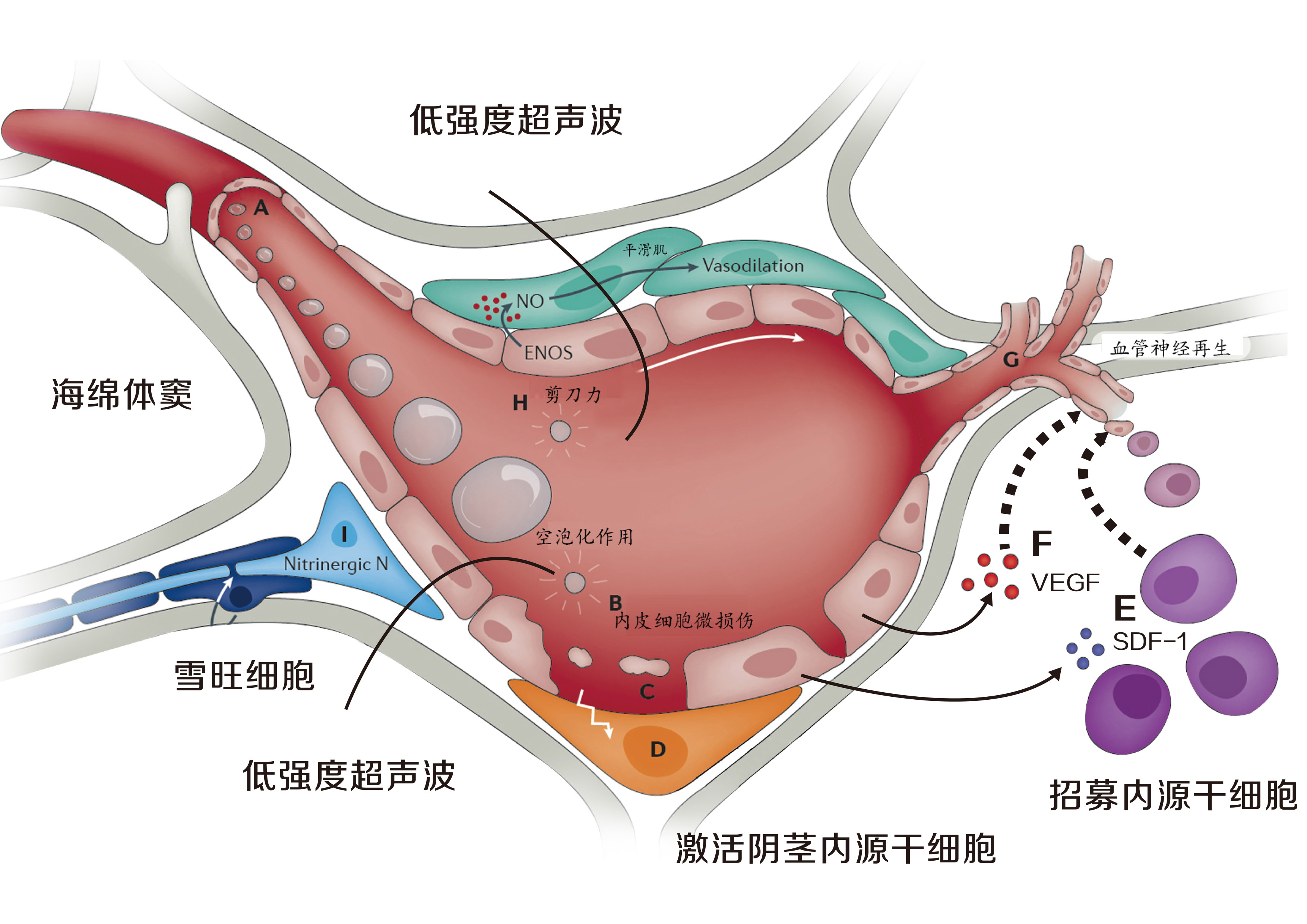
Image citation: Nature Urology, 2017 (Revised)
The core mechanism of WBL LIPUS is to use low-energy pulsed ultrasound waves (intensity range of 50-350mW/cm²) to act on the penile cavernous tissue, activating endogenous stem cells, promoting vascular and nerve regeneration, repairing damaged vascular endothelium and nerve matrix, thereby improving erectile function at the pathological level. Compared with traditional oral medications (such as PDE5 inhibitors), prosthetic implants, or invasive therapies (such as cavernous body injections), LIPUS, as a safe, non-invasive treatment method, does not cause drug dependency, related side effects, or surgical complications.

This is not just a victory for LIPUS
It is also a transformation in medical thinking
From "curing symptoms" to "repairing pathology,"
From "passive medication" to "active regeneration."
WBL LIPUS is rewriting the treatment logic for male health, offering the world a set of "micro-energy reconstructing vitality" — China’s wisdom in global medicine.
Advisors:
Jiang Hui (Peking University First Hospital)
Dai Yutian (Nanjing Medical University Affiliated Drum Tower Hospital, Department of Urology)
Zhou Huiliang (Fujian Medical University First Affiliated Hospital, Department of Urology and Sexual Medicine)
Zhang Xiansheng (Anhui Medical University First Affiliated Hospital, Department of Urology)
Group Leader:
Zhang Xiangsheng (Henan Provincial People's Hospital, Department of Urology and Energy Medicine)
Deputy Leaders (sorted by surname):
Jiang Tao (Dalian Medical University Second Affiliated Hospital, Department of Urology and Sexual Medicine)
Lu Mijun (Shanghai Jiao Tong University School of Medicine Renji Hospital, Department of Urology)
Li Yanfeng (Army Medical University Daping Hospital / Army Medical Center of Special Medicine, Department of Urology)
Members (sorted by surname):
Deng Junhong (Guangzhou First People's Hospital, Department of Urology)
Dou Qifeng (Xinxiang Medical University First Affiliated Hospital, Department of Urology)
Feng Liang (Nanchang University First Affiliated Hospital, Department of Urology)
Feng Ninghan (Wuxi Second People's Hospital, Department of Urology)
He Leye (Central South University Xiangya Third Hospital, Department of Urology)
Hu Jianxin (Guizhou Provincial People's Hospital, Department of Urology)
Hu Heping (Zhengzhou First People's Hospital, Department of Urology)
Su Xinjun (Wuhan University Zhongnan Hospital, Department of Urology)
Wang Yaxuan (Hebei Medical University Second Hospital, Department of Urology)
Yuan Mingzhen (Shandong Provincial Hospital, Department of Urology)
Zhou Fenghai (Gansu Provincial People's Hospital, Department of Urology)
Zhao Yongwei (Tai'an Central Hospital, Department of Urology)
Secretary (Principal Writer):
Chen Xin (Henan Provincial People's Hospital, Department of Urology and Energy Medicine)